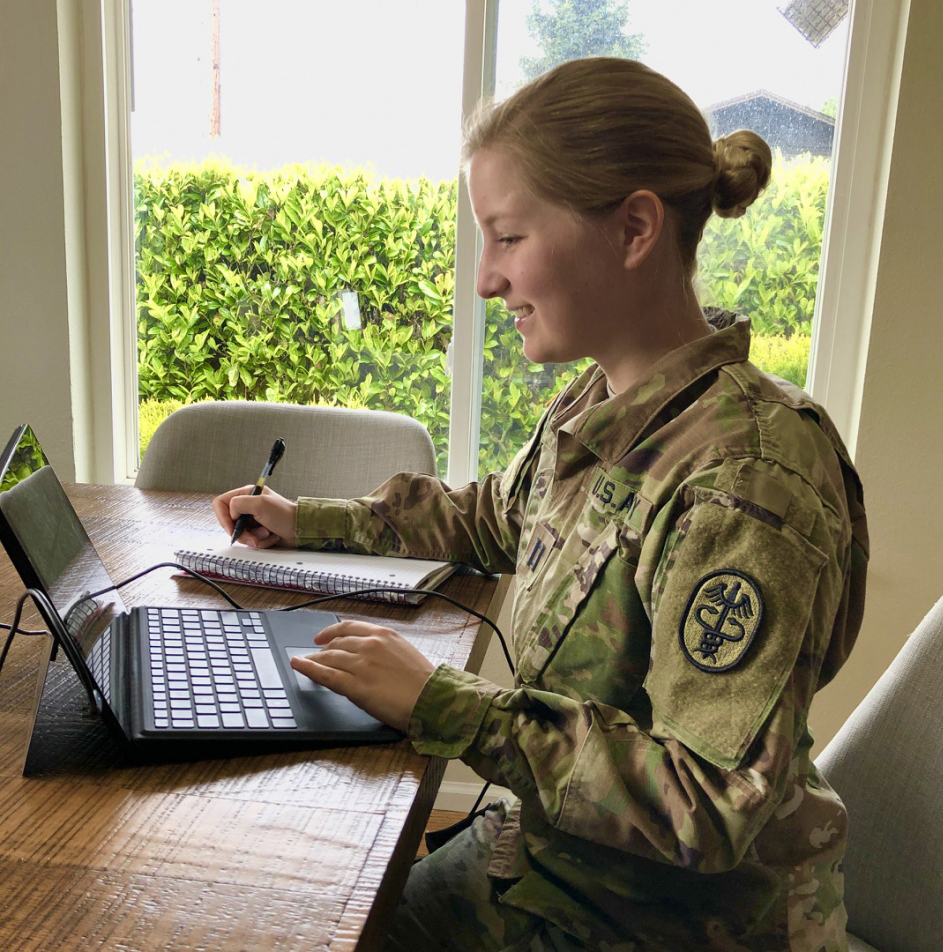
Transitioning from military service to civilian life was tough enough before COVID-19. Now, veterans must do so in a time of recession, record unemployment, and fundamental change in how we interact and work with others both in our personal and professional lives. We have talked with recent veterans and servicemembers in our Onward To Opportunity program and identified some key skills veterans now need in this COVID-19 crisis.







